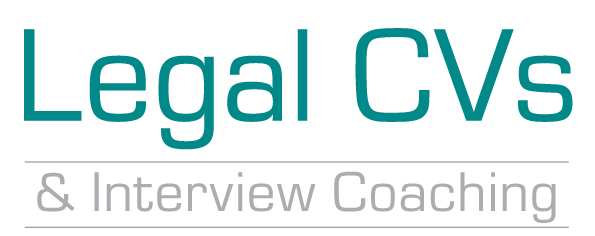What is a day in the life of a data protection lawyer like?
Everyone says this, because its true, but it can vary a lot. Boiled down to a phrase, you can say I help my clients comply with data protection laws such as the GDPR. Sometimes I would be working on markups of a contract, or participating in calls to negotiate and try to agree terms (or at least get closer to agreeing them). Other times, I would be helping clients with their compliance programs, making sure they have the correct documentation in place with respect to records of processing, privacy notices, and the requirements for international data transfers. I can also be found delivering training sessions to clients on their data protection obligations.
2. What are the key practical, legal and technical skills from your experience to make a good data protection lawyer?
There’s more than I can fit into this answer but I’ll give you a couple that I’ve found really key. You need to be organised. There is often a lot going on in data protection law, with a continuous flow of regulatory decisions and guidance coming through. Even aside from that it is super important to have a clear sight of what is ahead of you for the coming day and how you are going to prioritise it.
You need to be adaptable. By that I mean being aware of your audience. When we come out of uni the style of answering questions we have developed to get through the exams and our coursework is rarely the way you would answer a query for a client. You’ll need to adapt your messaging, and level of detail so that the key information gets to the person seeking it in a way they can understand, and that they can action.
3. What advice do you have for an aspiring tech lawyer?
A tech lawyer will often not only be talking to other lawyers, they may be talking to product engineers, salespersons, and other stakeholders. Tech law won’t just be about contracts, it will be about the technologies underlying the deals and projects you will be advising on, so it’s a really good idea to have an understanding of those technologies. That’s not to say you have to be able to do advanced coding or have a masters in computer science (I have neither of those things), but having a basic level of understanding of how the applications your clients are dealing with work will go a pretty long way.
If you are an aspiring tech lawyer and need help preparing a professionally written interview winning Legal CV, please do get in touch with me.


0 Comments